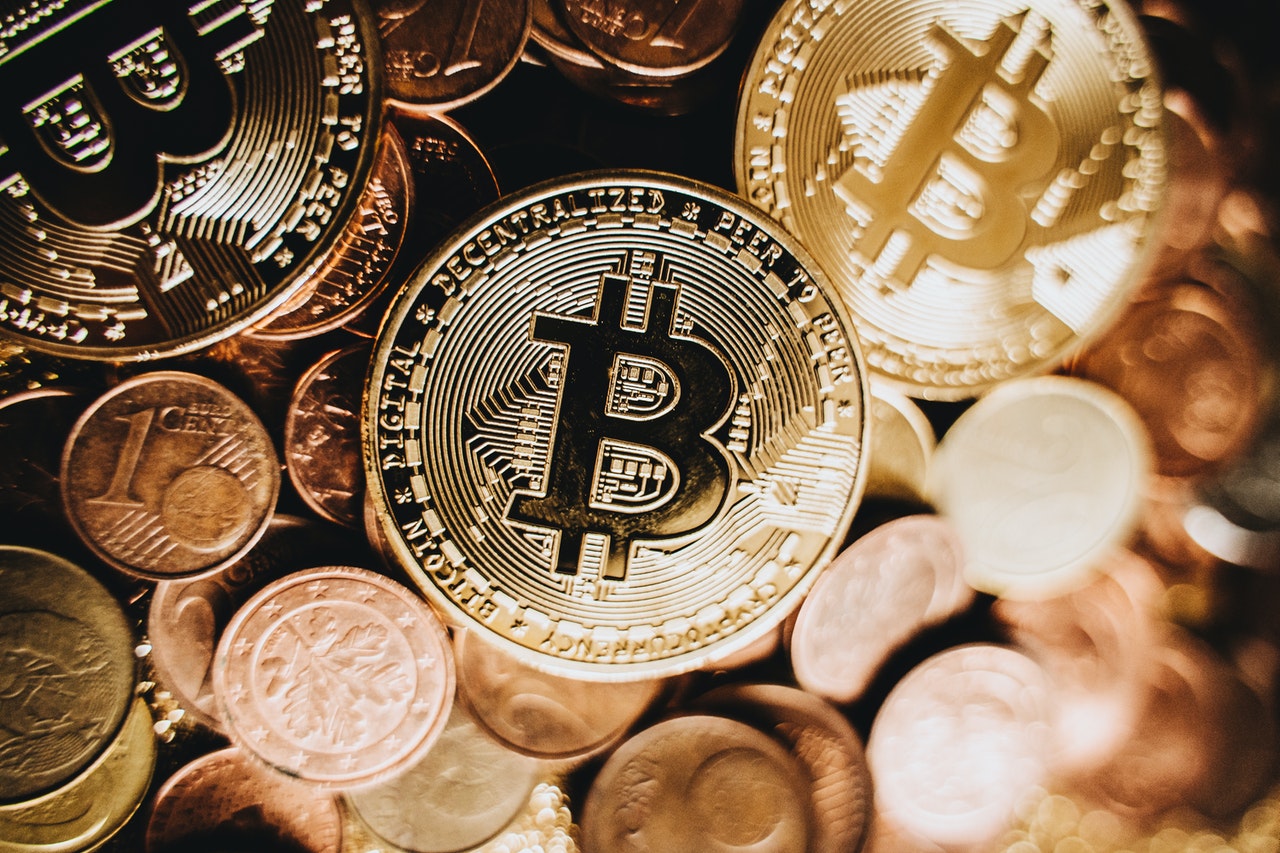Introduction: What is Bitcoin & How does it Work?
Bitcoin is a digital currency that is created and used electronically. Bitcoin (CRYPTO: $BTC) is an open-source, peer-to-peer, decentralized cryptocurrency with no central bank or single administrator.
Bitcoin transactions are verified by network nodes and recorded in a public distributed ledger called the blockchain. Bitcoin was invented by an unknown person or group of people under the name Satoshi Nakamoto and released as open-source software in 2009. The system is peer-to-peer; users can transact directly without needing an intermediary. Transactions are verified through a process called mining, which requires powerful computing hardware to solve complex mathematical problems in order to create new blocks of transactions on the blockchain, with each block containing a cryptographic hash of the previous block up to the genesis block.
Bitcoin in Africa
Bitcoin has spread its influence all over the world. This virtual currency is popular in China, Europe, and North America. But there are some places in the world where Bitcoin is not yet so popular. Africa is one of those places. Africa is a continent with a lot of different countries. The continent also lacks high technological infrastructures, which makes it difficult for Africans to adopt Bitcoin. Some countries have even banned the use of Bitcoin.
Africa is one of the most underdeveloped continents in the world and has a very low rate of internet penetration. Most African countries are newly emerging from the colonialism impact, making them more susceptible to corruption. The lack of internet access makes it harder to adopt a system that relies on electronic transactions.
But there are some African countries that are open to the idea of using Bitcoin instead of their local currency. Recently, the Central African Republic reportedly became the second country to adopt Bitcoin as legal tender. A move that many believes to be a marketing stunt rather than a true induction of current trending technology (Just FYI - In June 2021, El Salvador became the world’s first country to adopt Bitcoin as legal tender).
Other countries that have been historically hard to connect with are also facing similar problems, including many in the Middle East. The countries of the Middle East were seen as both technologically and culturally advanced before the revolutions occurred, but now they are struggling to re-establish themselves as developed and modern nations. This is likely due to changing political climates.
Examples of Bitcoin Applications for Development in Africa
Bitcoin is a type of cryptocurrency that has been used for the first time in 2009. It has been gaining momentum in recent years, and many countries are considering its use as an alternative currency. Bitcoin is a digital currency that operates without the need for a central bank or single administrator. Transactions are verified by network nodes and recorded in a public distributed ledger called blockchain.
Bitcoin can be used to purchase goods and services from anywhere in the world. The only requirement is an internet connection, which many Africans have access to through mobile devices. Bitcoin can also be used to transfer money across borders without incurring high fees, which are common with traditional remittance services like Western Union or MoneyGram.
In Africa, bitcoin can be applied for development purposes such as providing banking services to those who do not have the ability to visit physical banks locally.

Conclusion: Why is the Development of African Bitcoin Technology Important?

Africa is home to over one billion people, and the continent is one of the fastest-growing markets for mobile phone use. With this in mind, it’s not difficult to see why Africa could be a vital region for Bitcoin growth and adoption.
Bitcoin has been on a steady rise since its inception in 2009. It has seen exponential growth in value, with some analysts suggesting that it will soon become the world’s most valuable currency. There are many reasons why Bitcoin may succeed as an alternative form of currency – such as its independence from government control, its ability to provide quick transactions across borders, and its anonymity - but one of the most important factors is that it can be used anywhere in the world without the need for a bank account or credit card.
The use of Bitcoin Technology in Africa can also fuel independence from the colonial countries, which are still controlling African countries' economies due to the fact that Africans are still trading using their currencies. Imagine Africa free from the Dollar and the Euro...



